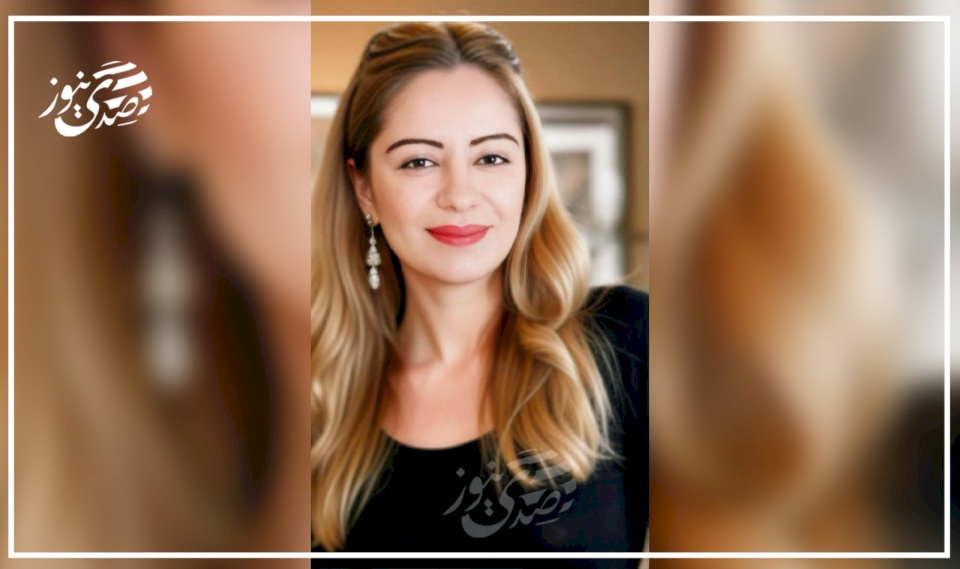
Between Displacement and Resistance: The Reality of Displaced Women and Support Pathways Outside the Box.
On a July morning, in a land that witnesses the daily struggle for identity and survival, I participated in the launch of a qualitative study on the reality of "displaced" women in northern West Bank, prepared by the Al-Najda Association in partnership with the Mother Schools, and supported by UN Women, regarding the situation of displaced women in northern West Bank.
This study aimed to shed light on the compounded challenges that women and girls face under conditions of forced displacement, from deprivation of basic services to marginalization in public life, amid a merciless colonial reality that bears enough pain but also carries seeds of hope and the will for change.
"Displaced" and "migrants"... More than just words.
Every time the term "displaced" is used, I find myself compelled to stop, for the term, despite its common use in international frameworks, condenses the depth of the Palestinian tragedy; these women are not just displaced, but they are migrants due to colonial policies and systematic uprooting, not due to a natural disaster or a fleeting conflict. Using the term "forced displacement" from a resistance and rights-based perspective is one of the first steps in correcting the narrative and freeing it from artificial neutrality.
"It is important to correct the terminology: we are not dealing with 'displaced,' but with 'migrants;' our women have been uprooted by a system of violence and hegemony, not by transient natural disasters. This displacement is not a fate, but a policy, which makes resisting it a national and feminist duty at once."
The launched study highlights the compounded challenges faced by women and girls under conditions of forced displacement, ranging from deprivation of basic services to marginalization in public life, in the socioeconomic and political conditions that displaced women and girls face under a merciless colonial reality. It spotlights a range of challenges preventing them from accessing essential services and inhibiting their full participation in public life. They are not mere numbers; they are tales of loss, resilience, motherhood in tents, and dignity that refuses to be broken.
I was impressed by the research precision that was based on a feminist perspective, rooted in understanding the local reality, and committed to advocating for women not as victims, but as actors and agents of change. It is an open call to develop policies, programs, and interventions on participatory and empowering bases.
But more importantly, it is crucial to think outside the box. It is not enough to confine the discussion to "protection measures" or "emergency services." What we need is to dismantle the colonial structure that perpetuates displacement, and to reconnect individual rights to the broader political context. We must recognize the camp not just as a miserable place, but as a site of struggle. And we should read displacement not as a temporary crisis but as a chapter of colonialism that must be resisted.
From here, I can only extend my sincere thanks to everyone who initiated, wrote, supported, or even spoke a sincere word to support the resilience of displaced women. Thanks to the Al-Najda Association, to the Mother Schools, and to all who believe that the Palestinian woman has her place in the arenas of liberation as well as in the field of production.
We need studies, yes; but we also need critical awareness, liberatory approaches, and new alliances that go beyond recommendations to real change.
To our displaced women: You are not just numbers in a report. You are the pulse of this land and its living spirit.
All thanks and deep appreciation to everyone who works, writes, supports, contributes, and stands by the resilience of displaced women or struggles for them even with a word.
Yes, we need studies and research, but we need more solutions outside the box, based on political awareness and deep gender analysis, and alliances that restore women's status as a fundamental actor in the battle for liberation and dignity.
I renew my call to re-read the reality of displacement from a resistant political perspective and a liberatory gender lens that restores the Palestinian woman's role as a leader of change, not merely as a victim of crisis.

Between "Here is Jerusalem" and "Here is Gaza" ... The Voice of a Nation and the Steadfast...

While some count the boos, Palestinians count their martyrs.. Paradoxes of the internation...

When the Palestinian Issue is Reduced to Gaza Management

Legally Licensed Occupation

The Absence of the Palestinian Representation and the Bet on Time

Palestine: When the Criminal is Declared a 'Peace Maker'

Don't Blame the Palestinian People for the Failures of Your Regimes and Ideologies

